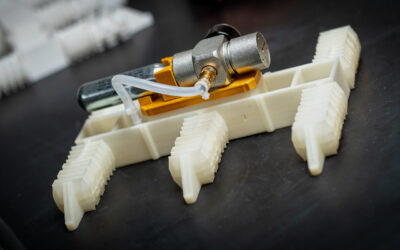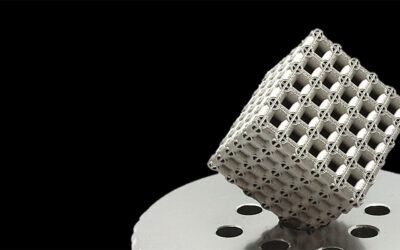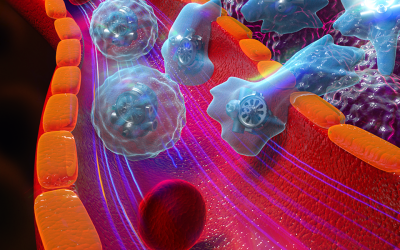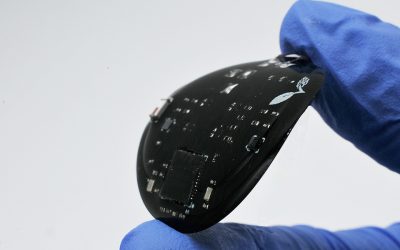Researchers from The University of Melbourne have developed a novel and efficient route to build nanoscale cross-linked films on surfaces via a simple dip and coat procedure using premade polymer solutions.
This technique, termed the continuous assembly of polymers (CAP), is amenable to a variety of substrates (including cotton, glass, paper and aluminium) and can be applied to induce specific properties on surfaces, including superhydrophobic (water-repellent) properties. More importantly, the CAP approach allows for the on-demand switching of surface properties (between superhydrophobic and hydrophilic surfaces) by facile alternate dipping in different polymer solutions while concurrently forming multilayered amphiphilic films.
The group envisage that this study will serve as a promising platform technology for a range of applications, including textile engineering, microelectronics and filtration devices.
















